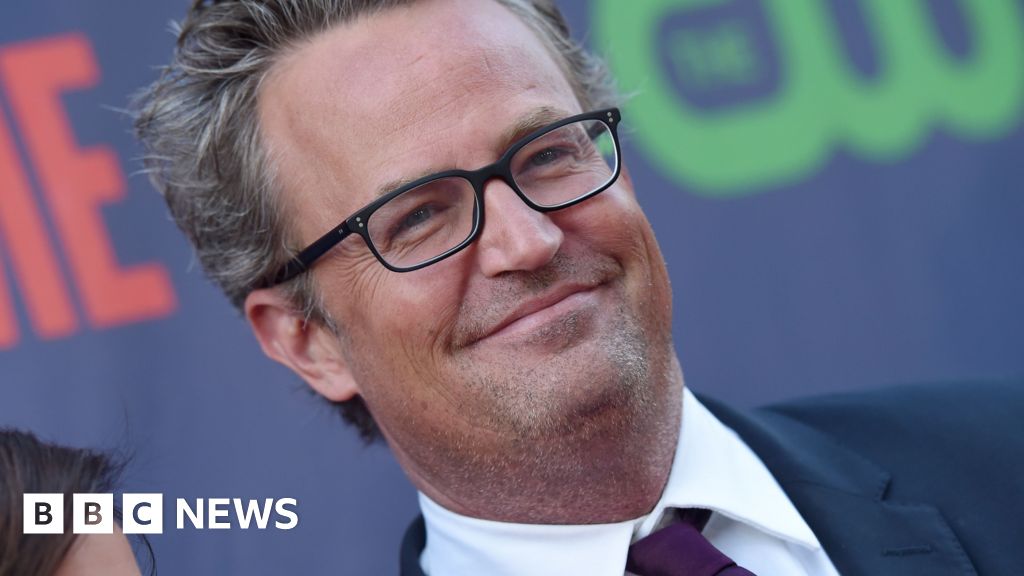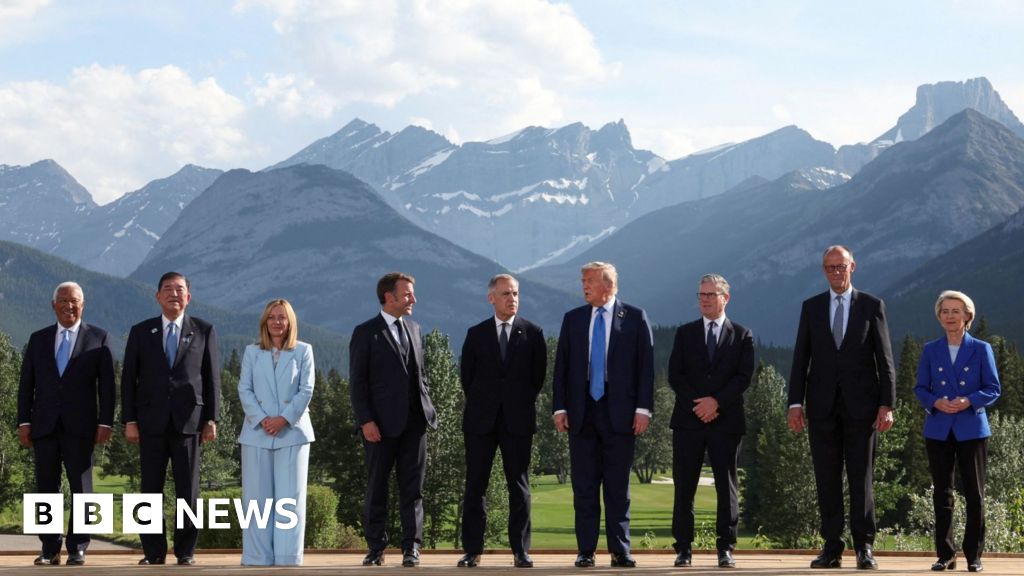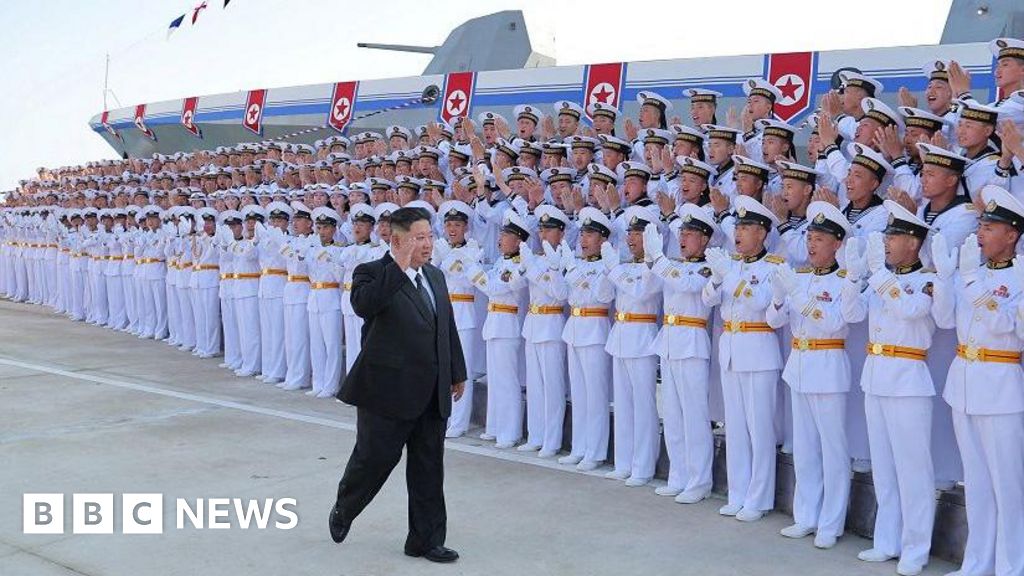ARTICLE AD BOX
Image source, Reuters
Image caption,Yemeni President Abdrabbuh Mansour Hadi announced the transfer of power in a televised statement
Yemen's president has sacked his deputy and transferred power to a leadership council in a major shake-up of the Saudi-backed coalition fighting Houthi rebels in the country's civil war.
Abdrabbuh Mansour Hadi announced that the eight-member council would be led by former minister Rashad al-Alimi.
He tasked it with negotiating with the Houthis to agree a permanent ceasefire and a political solution to the war.
The move comes five days after the start of a two-month nationwide truce.
Yemen has been devastated by a conflict that escalated in 2015, when the Iran-aligned Houthis seized control of large parts of the west of the country.
Mr Hadi fled abroad, and a Saudi-led alliance of Arab states intervened to restore his rule. However, seven years of military stalemate have followed.
The fighting has reportedly left more than 150,000 people dead and triggered one of the world's worst humanitarian crises, with more than 23 million people - three quarters of the population - in need of some form of aid.
Yemen has seen some of the worst violence of its eight-year civil war in the past 12 months
"I irreversibly delegate to the Presidential Leadership Council my full powers in accordance with the constitution and the Gulf Initiative and its executive mechanism," Mr Hadi announced in a statement in the early hours of Thursday.
He said the council would manage Yemen's political, military and security affairs during what he called the "transitional period". It would also "negotiate with the Houthis to reach a ceasefire all over Yemen and sit at the negotiating table to reach a final political solution", he added.
The council will be chaired by Mr Alimi, an adviser to Mr Hadi and former interior minister who reportedly has close ties with Saudi Arabia and Yemen's powerful Sunni Islamist Islah party.
The other seven members include Aidrous al-Zubaidi, head of the UAE-backed Southern Transitional Council (STC), which wants an independent South Yemen; Tareq Saleh, a military commander and nephew of late former president Ali Abdullah Saleh; and Sheikh Sultan al-Arada, the governor of the oil-rich province of Marib, a key battleground in the conflict.
Peter Salisbury, a Yemen analyst for the International Crisis Group, wrote on Twitter that the transfer of power to political and military figures with direct roles on the ground was the "most consequential shift in the inner workings of the anti-Houthi bloc since war began".
But he added: "How this will actually work in practice will be... complicated to say the least."
Image source, Anadolu Agency via Getty Images
Image caption,Saudi Crown Prince Mohammed bin Salman (L) shook hands with new council's chairman, Rashad al-Alimi (R)
Saudi Arabia stressed its full support for the council and pledged $3bn (£2.3bn) in new financial aid, state media reported.
Saudi Arabia will use part of that money, along with the United Arab Emirates, to inject $2bn (£1.5bn) into the Central Bank of Yemen, while $1bn will be provided for petroleum products and development projects.
Saudi Arabia also called on the council to "embark on negotiations with the Houthis under the auspices of the UN".
On Wednesday, UN special envoy Hans Grundberg said there had been a "significant reduction in violence" since the first nationwide truce in six years took effect on Saturday, the start of the Islamic holy month of Ramadan.
However, he warned that there had been "reports of some hostile military activities, particularly around Marib, which are of concern".
The truce should also see 18 fuel ships enter the rebel-controlled port of Hudaydah; the operation of two commercial flights a week in an out of the rebel-held capital Sanaa; and the opening of roads in the city of Taiz, which the rebels have besieged since 2015.
So far, the government has released four fuel ships and preparations are under way for the first flight from Sanaa.
"This truce is a step, an important one, but a fragile step, nonetheless. We need to make the best possible use of the window this truce gives us to work towards ending the conflict," Mr Grundberg said.

 3 years ago
32
3 years ago
32








 English (US) ·
English (US) ·